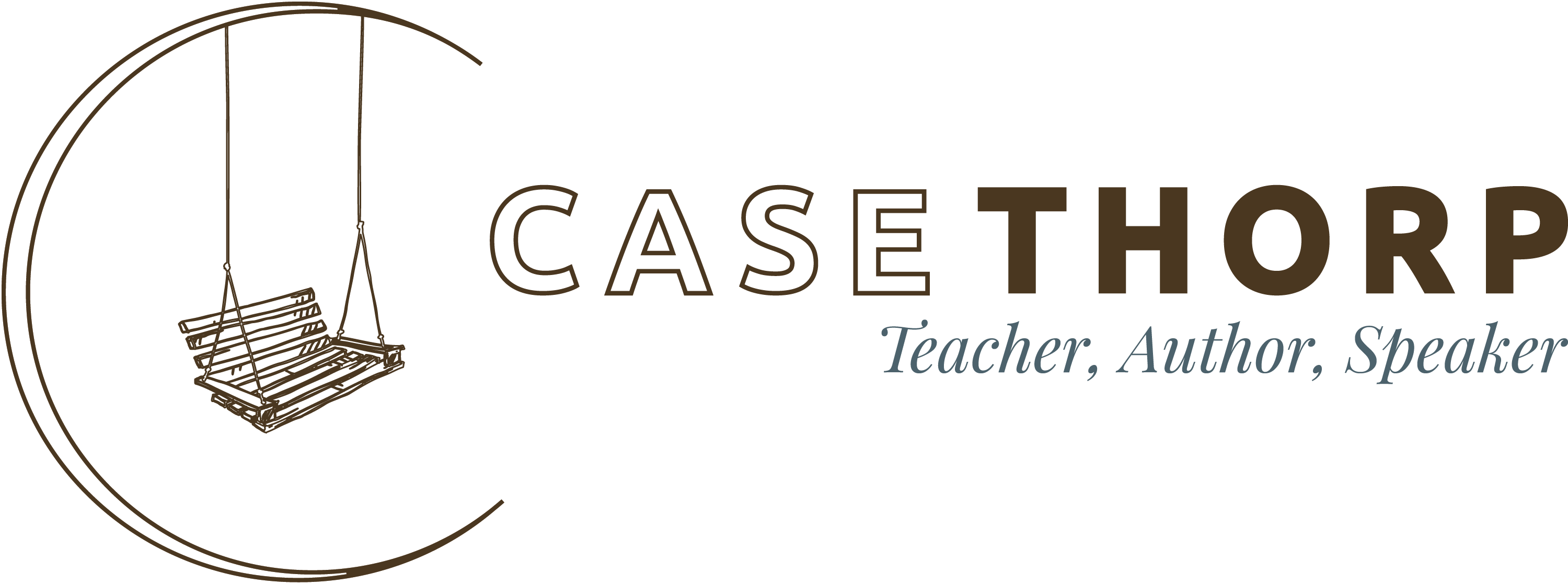This editorial originally appeared in the Orlando Sentinel on January 7, 2016.
With religious refugee policy playing a role in this presidential primary season, let us revisit an essential American tenet established by colonial settler Roger Williams. By 1636 Williams had had enough of John Witherspoon’s Massachusetts Bay Colony (current day Boston) where religious conformity was enforced by the local magistrate. Williams heads south, settles what becomes the state of Rhode Island, and the Baptist movement is born. At the core of Williams’ Rhode Island is a religious liberty free from state coercion. This tenet has shaped America ever since.
Williams wrote during these events, “The civil state is humbly to be implored to provide in their high wisdom for the security of all the respective consciences, in their respective meetings, assemblings, worshipings, preachings, disputings, etc., and that civil peace and the beauty of civility and humanity be maintained among the chief opposers and dissenters.” Williams’ convictions came to the forefront a century later when Anglican Virginia, Roman Catholic-friendly Maryland, Presbyterian New Jersey, non-sectarian Pennsylvania, and nine other diverse colonies had to find a way forward in unity. Thomas Jefferson and James Madison leaned upon Williams’ ideas in crafting the First Amendment. America would be religiously diverse, and more importantly America would welcome that diversity unlike Great Britain and much of Europe.
America has since become the global home for those religiously persecuted. The protection of the religiously persecuted is even ensconced in our law and practice. The State Department is required to have an Office of International Religious Freedom with an assigned Ambassador-at-Large. By law, this office produces the Annual Report on International Religious Freedom. This beacon of light to the global community indicates America is watching and Americans care. America will be there for others, even when Islamic terrorists corrupt your religion and drive you from your home.
Williams, Jefferson and countless other responsible leaders in our 239 year old experiment recognized that active, responsible citizens need the broader community of faith. For it is faith communities that develop, share and practice the insights of theology. Theology, done responsibly, is a prime vehicle for participating in public discourse because it unpacks the complexity of the human condition, explores practices for mitigating harm, and promotes the common good. Sure, I have my well-grounded disagreements as to the answers others may offer on certain theological debates. Yet, as a Christian in America, I want a firm and respected religious liberty so that I am not the next scapegoat as a person of faith.
I invite our presidential aspirants to visit the Reformation Chapel on our campus where they will find Williams’ full name, among others, inscribed in the crown molding. Perhaps such inspiration will help the candidates, even the chief dissenters among them, to pursue a greater peace, in the words of Williams, through the ‘beauty of our civility.’
Dr. Case Thorp is the senior associate pastor at First Presbyterian Church of Orlando.
